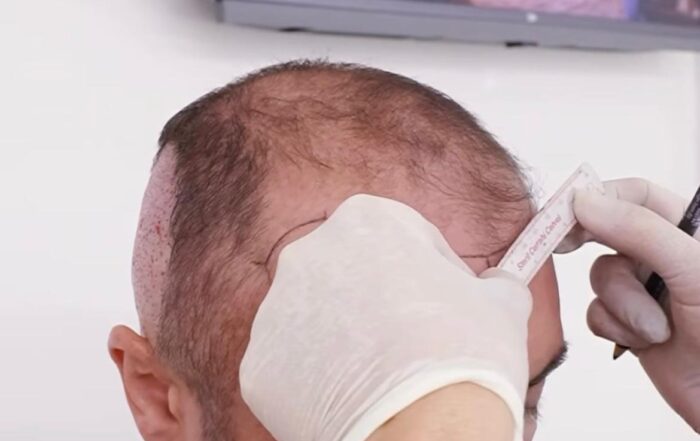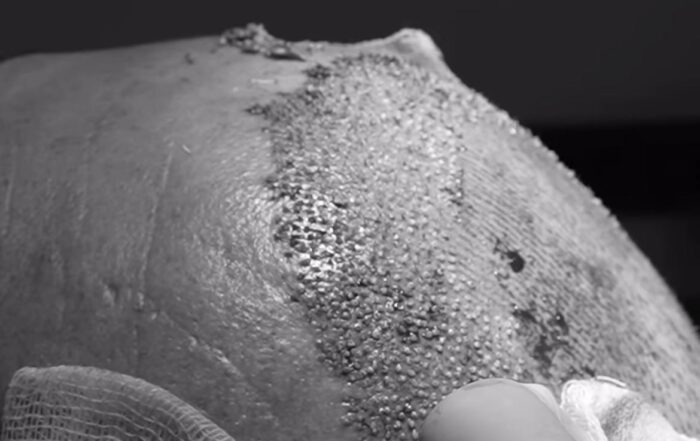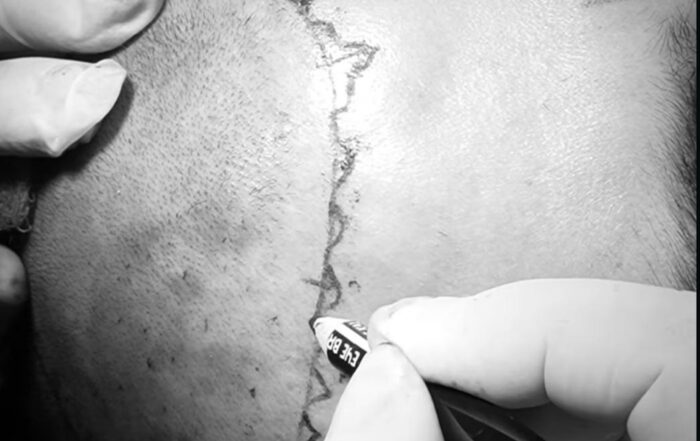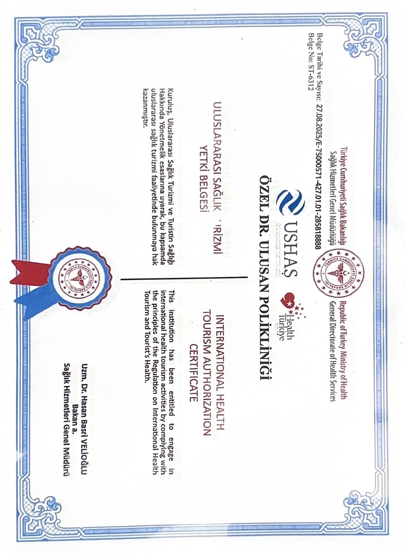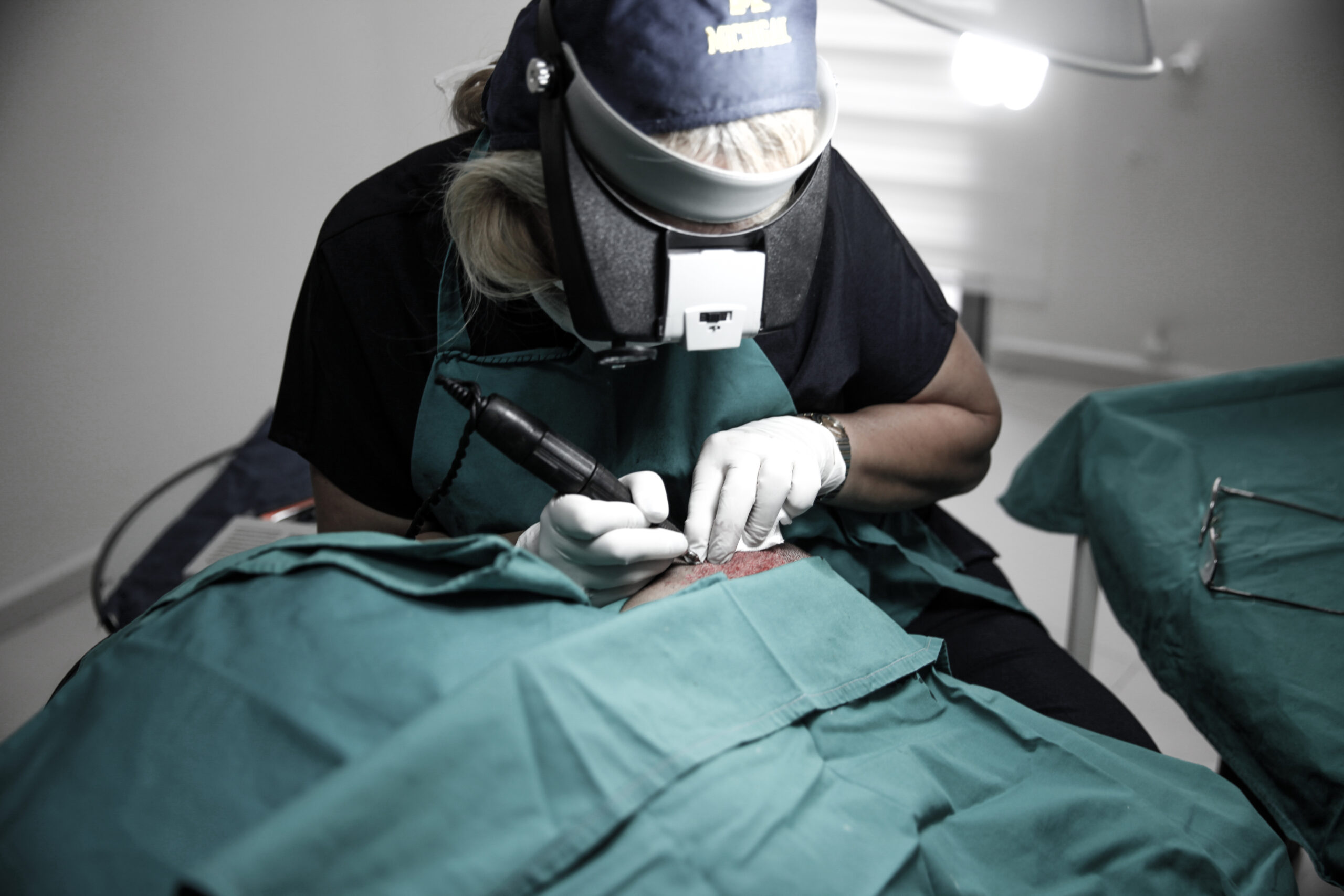
What is the Link Between Vitamin D and Alopecia Areata?
Discover the vital role of Vitamin D in immune health and its emerging link to hair loss, especially in conditions like alopecia areata. While supplementation may support hair regrowth in some cases, advanced hair loss often requires more effective solutions
Post Author:
medicalhair
Categories:
Date Posted:
September 17, 2025
Share This:
The Importance of Vitamin-D
Vitamin D is a fat-soluble vitamin that your body can make when your skin is exposed to sunlight, especially UVB rays. It can also come from foods or supplements. However, in the form we get it, vitamin D isn’t active yet. First, it goes through a process in the liver and kidneys to become its active form, called 1,25-dihydroxyvitamin D.
This active form of vitamin D does more than just help your body absorb calcium and keep your bones strong. Research also shows that it plays a key role in controlling inflammation and supporting a healthy immune system.
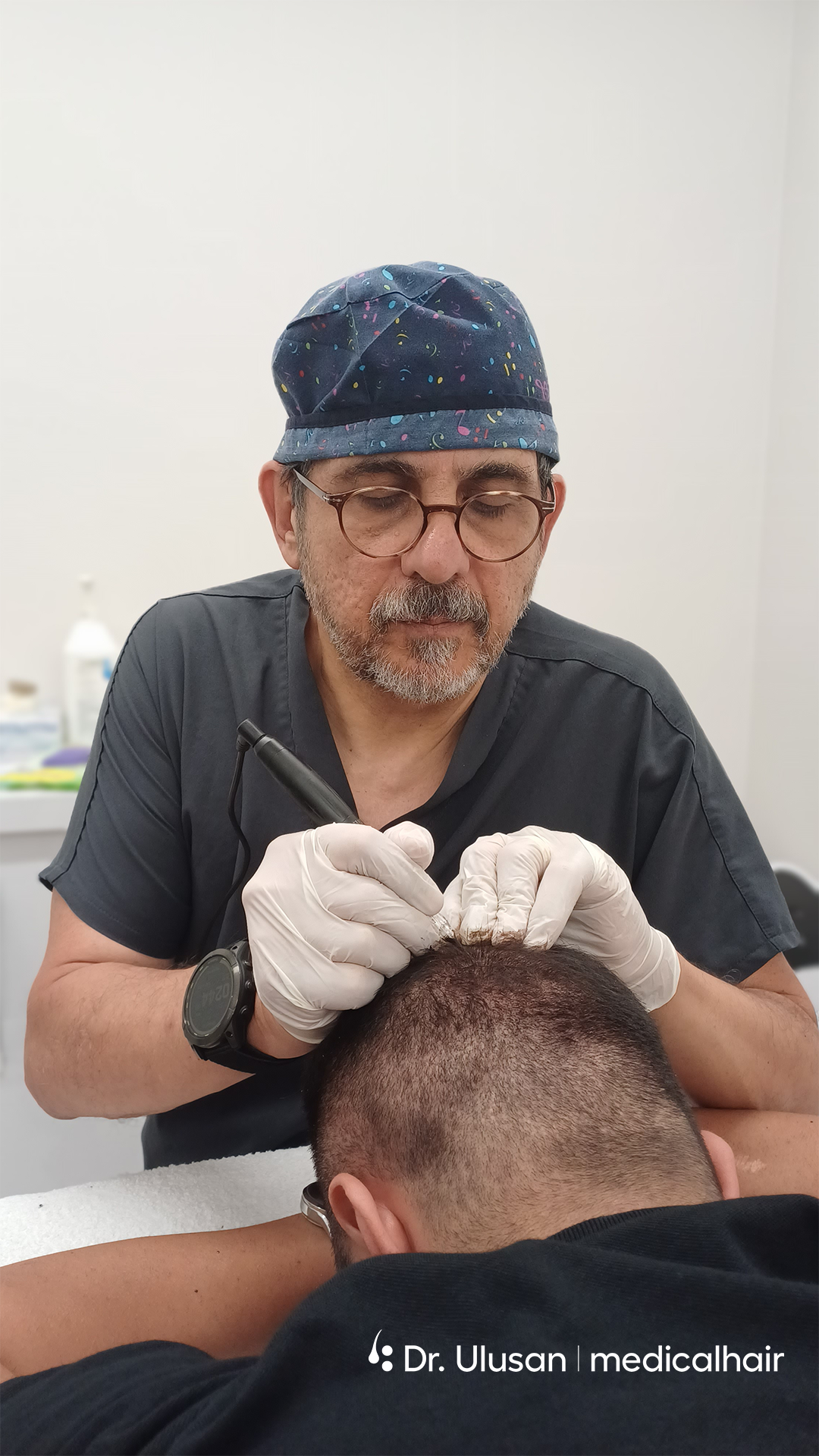
Symptoms of Vitamin-D Deficiency
- Alopecia areata
- Autoimmune Diseases
- Inflammatory Bowel Disease
- Multiple Sclerosis
- Systematic Lupus Erythematosus
The Link Between Vitamin-D and Hair Loss
Alopecia areata is a common autoimmune skin disorder that causes hair loss on the scalp and sometimes other areas of the body. It affects up to 2% of the population at some point in their lives.
Emerging research suggests a strong connection between vitamin D levels and hair health, particularly in individuals with autoimmune-related hair loss. Vitamin D receptors are present in hair follicles, and adequate levels of vitamin D are believed to help regulate the hair growth cycle. A deficiency in vitamin D may impair the function of these receptors, potentially contributing to the onset or worsening of alopecia areata.
In fact, several studies have reported significantly lower serum vitamin D levels in patients with alopecia areata compared to healthy individuals. This has led researchers to explore the potential of vitamin D supplementation as part of a broader treatment approach for autoimmune-related hair loss. While more high-quality clinical trials are needed, optimizing vitamin D levels may offer benefits not only for immune system support but also for promoting hair regrowth in affected patient
When Nutritional Support Is not Enough: The Hair Transplantation Remains the Most Reliable Solution
While correcting vitamin D deficiency may support hair regrowth in some cases—especially when hair loss is linked to autoimmune or nutritional factors—it is not always enough to reverse more advanced or long-standing hair loss. For individuals with significant follicular damage or scarring from chronic alopecia, medical treatments and supplements may only offer limited improvement.
This is where hair transplantation offers a more permanent and transformative solution. Modern hair transplant techniques provide natural-looking and lasting results. For patients who have tried medications, supplements, or lifestyle changes without satisfactory outcomes, a hair transplant can restore not only their hairline but also their confidence and quality of life.
References
- Durdu M, Ozcan D, Baba M, Seckin D. Efficacy and safety of diphenylcyclopropenone alone or in combination with anthralin in the treatment of chronic extensive alopecia areata: a retrospective case series. J Am Acad Dermatol. 2015;72:640-650.
- Lin X, Meng X, Song Z. Vitamin D and alopecia areata: possible roles in pathogenesis and potential implications for therapy. Am J Transl Res. 2019;11(9):5285-5300. Published 2019 Sep 15.
- Thompson JM, Mirza MA, Park MK, Qureshi AA, Cho E. The Role of Micronutrients in Alopecia Areata: A Review. Am J Clin Dermatol. 2017;18(5):663-679. doi:10.1007/s40257-017-0285-x
References
- Durdu M, Ozcan D, Baba M, Seckin D. Efficacy and safety of diphenylcyclopropenone alone or in combination with anthralin in the treatment of chronic extensive alopecia areata: a retrospective case series. J Am Acad Dermatol. 2015;72:640-650.
- Lin X, Meng X, Song Z. Vitamin D and alopecia areata: possible roles in pathogenesis and potential implications for therapy. Am J Transl Res. 2019;11(9):5285-5300. Published 2019 Sep 15.
- Thompson JM, Mirza MA, Park MK, Qureshi AA, Cho E. The Role of Micronutrients in Alopecia Areata: A Review. Am J Clin Dermatol. 2017;18(5):663-679. doi:10.1007/s40257-017-0285-x

